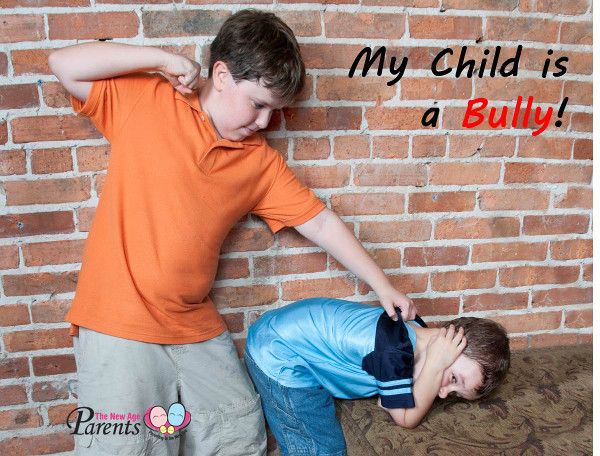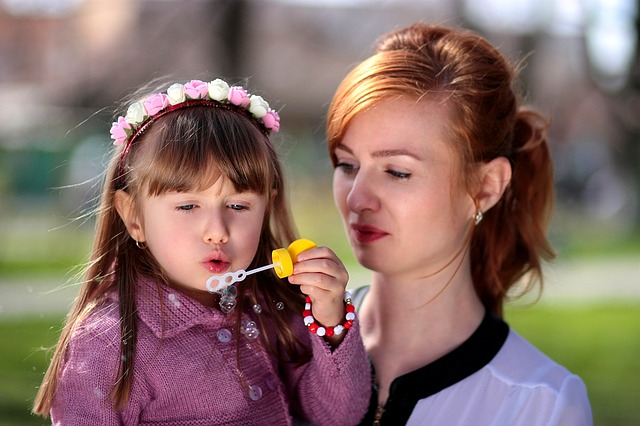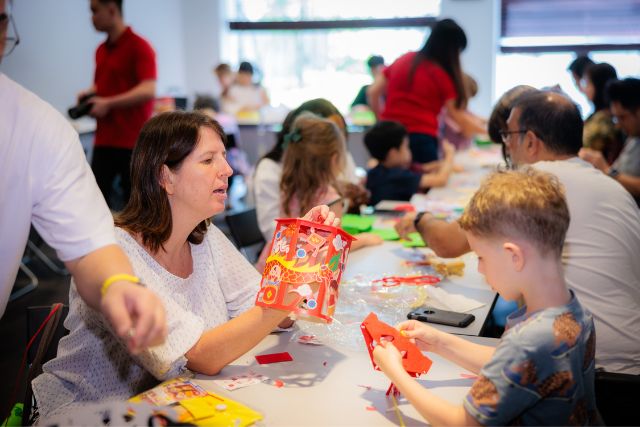The Challenge of Modern Parenting
Those of us who are parents or carers know that we will do just about anything to ensure the good health and well-being of our children. We want the best for our children and for them to have more opportunities than we ever did growing up.
One of the toughest challenges for parents comes when it’s time to send their children off to school and entrust their learning, development and welfare to teachers, peers and others. We can’t always watch over and protect our children, so teaching them ways to handle common problems can help them prepare for some of the challenges they may encounter.
It’s difficult to always know how best to prepare our children for adversity, as the world we grew up in is quite different to the one they now face. New technologies have brought with them endless opportunities to learn and engage with people and information far beyond our geographical communities’ as well as new challenges and pressures, such as the impact of cyberbullying, and as parents we sometimes don’t know where to start.
Whether we like it or not, some of our children will be those that are picked on by others at school, others will observe it in action, while some of our children will be the instigators. Regardless of whether our children might be the target, the bully or an observer, as parents we can help them best by reaching out, speaking with them about their feelings, provide insights around appropriate responses or actions, or connect them with the right people for further advice or strategies.
The Schoolyard is now 24/7
We might have grown up seeing bullies at recess or lunch in the schoolyard, but it’s safe to assume that as parents, most of us didn’t grow up using mobile phones at school, or having our lives documented through blogs or social networking sites from an early age. For many of us, our ‘digital footprint’ didn’t even begin until we may have been in the workforce for a number of years.
Social networking and mobile phones can be accessed around the clock, which means that bullying can be more invasive than ever before. Additionally, bullies can remain anonymous online if they choose, masking their actions and making it harder for targets or supervisory adults to confront them.
The Norton Online Family Report , conducted by Norton in 2011, found that in Singapore:
- 71% of children aged 8-17 years old (compared to 62% globally) have had a negative experience online
- Nearly half of children aged 8-17 years old have had a serious negative experience, such as being bullied, receiving inappropriate pictures from strangers or becoming the victim of cybercrime
These figures are a stark reminder that while we may not be able to easily relate to the growing pains of our ‘digital native’ children who wouldn’t know what life without a mobile or internet access is like, we should make an effort to understand some of the unique pressures they face by talking about it with them.
 We can Help our Children Cope with Bullies
We can Help our Children Cope with Bullies
Formed last year, the Media Literacy Council (MLC) was set up to lead public education and awareness around issues of media literacy and cyber wellness. On 5 Feb 2013, MLC celebrated Singapore’s inaugural Safer Internet Day, encouraging young Singaporeans to learn about the importance of using the Internet and social media in a responsible and meaningful manner.
With the global theme of “Connect with Respect”, Safer Internet Day 2013 advocated children taking responsibility for their own actions while also respecting the rights of others. It’s important for adults to teach their children proper online etiquette, and ensure that they practice safe behaviours online – such as avoiding talking to strangers and accepting friend requests from people they might not know.
Through Safer Internet Day 2013, the message was clear – we need to take the proactive steps to engage our children about online safety issues, getting them to think about responsible online behaviour.
For the past few years Norton has been challenging parents to do just that, and to understand their children’s behaviours and habits online. We advise parents to sit down with their children and have ‘The Talk’. Life’s big issues need to be discussed, and just as parents approach other big issues with ‘The Talk’, we need to learn more about how our children are using the internet, what they are doing and that they are aware of what’s appropriate or not online.
Norton developed the Family Online Safety Guide as a helpful resource for parents to get the background information they need to start having a discussion with their children. The guide helps arm parents with starter questions around the use of passwords, how children connect with others and questions on privacy. One tip on how and where to instigate this conversation is to find a place your children would be comfortable in – for example, her favourite place could be in the car as it gives her children both physical space and time to open up and answer your questions.
For Part II of the article, clickn here.
By Effendy Ibrahim, Norton Internet Safety Advocate and Director for South Asia.
* * * * *
Like what you see here? Get parenting tips and stories straight to your inbox! Join our mailing list here.
Want to be heard 👂 and seen 👀 by over 100,000 parents in Singapore? We can help! Leave your contact here and we’ll be in touch.























































